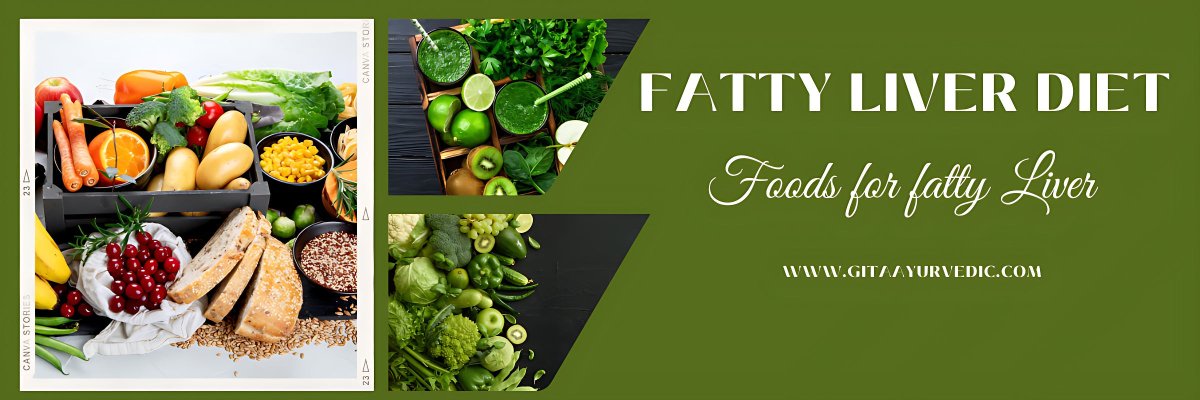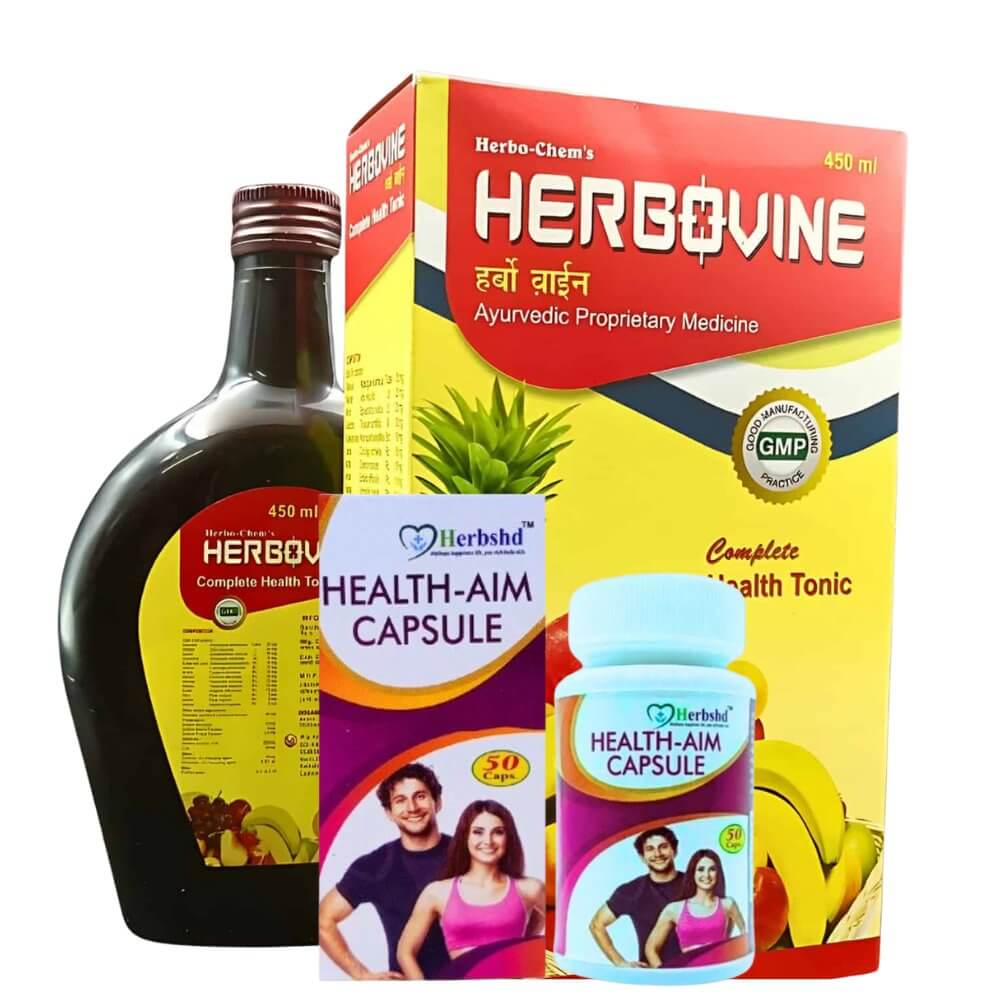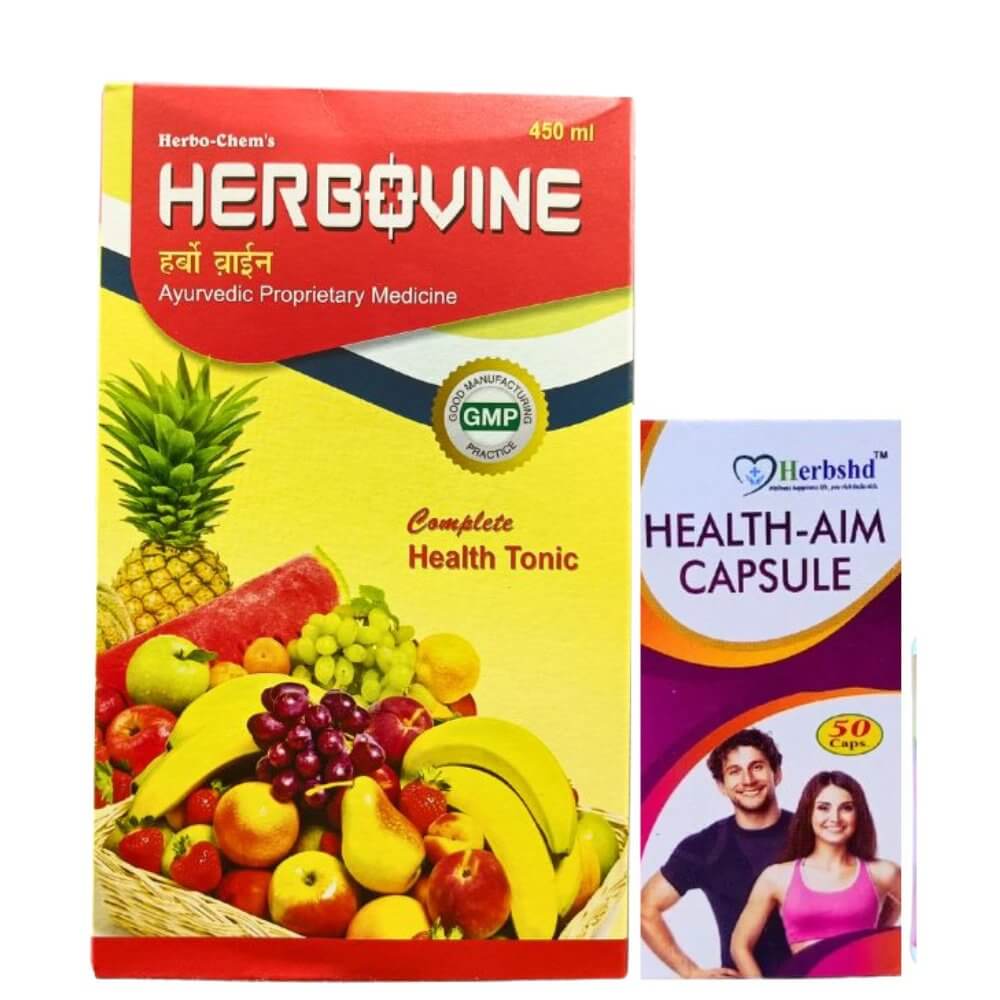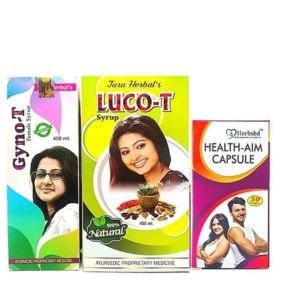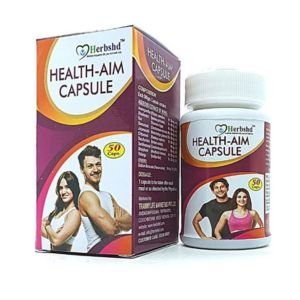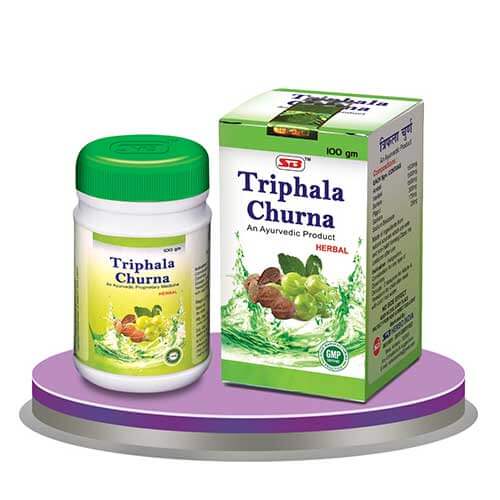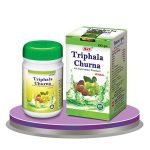What is Fatty Liver?
Fatty liver disease is a condition in which excess fat accumulates in your liver, which over time can affect liver function and cause liver injury. People who drink too much alcohol can have fatty liver, but that condition is different from fatty liver disease. Fatty liver disease is a condition in which excess fat accumulates in your liver.
Types of fatty liver disease:
Healthcare providers divide fatty liver disease into two types. If you have only fat but no liver damage, the disease is called nonalcoholic fatty liver disease. If you have fat in your liver and signs of inflammation and liver cell damage, the disease is called non-alcoholic steatohepatitis.
Symptoms
Fatty liver disease is sometimes called silent liver disease. Because it can happen without any symptoms. Most people with NAFLD live with fat in their liver without causing liver damage. Some people who have fatty liver develop NASH.
Symptoms from NASH may include:
Fatigue:
Jaundice:
Dark urine:
lose weight:
Weaknesses:
Severe fatigue:
Enlarged Liver:
Abdominal swelling:
Stomach discomfort:
Nausea and vomiting:
Pale or clay-colored stools:
8 fruits for fatty liver: Add these in your diet to fight liver diseases
Include these 8 fruits for liver health in your daily diet. These fruits can detoxify and cleanse, keeping liver diseases at bay.
1. Grapefruit

According to a study published in the National Library of Medicine, grapefruit boasts antioxidants such as naringin and naringenin, compounds recognized for their ability to combat inflammation and shield the liver from bacteria. In fact, grapefruits also help in repairing liver damage caused by fatty livers.
2. Apples

An apple a day might indeed keep liver issues at bay. Apples are rich in soluble fiber, a component known to aid in reducing liver fat and facilitating detoxification processes. Apples are also known to promote digestion and overall well-being.
3. Avocado

Avocados are abundant in healthy fats. These fats act as a shield, protecting the liver from potential damage. Including avocados in your diet can also be great for heart health and may prevent osteoporosis.
4. Berries

Strawberries, raspberries, and blackberries are laden with antioxidants, which actively contribute to supporting liver health. Their regular consumption may aid in maintaining blood pressure and cholesterol while reducing oxidative stress.
5. Papaya

Papaya, enriched with vitamins and enzymes, is good for the heart, digestion, and immune system. By aiding in digestion, papaya reduces the workload on the liver, allowing it to function more efficiently. This tropical fruit can be enjoyed in many ways, such as in salads and smoothies.
6. Blueberries

Blueberries, packed with health benefits, are a powerhouse of antioxidants. These antioxidants play a pivotal role in reducing inflammation and oxidative stress in the liver. In fact, a 2019 study published in PubMed Central found that blueberries are linked with reduced liver fibrosis and a lower rate of liver weight gain. By mitigating these factors, blueberries contribute to the overall well-being of the liver.
7. Kiwi

The nutrient-dense kiwi not only boosts the immune system but also supports overall liver health. Its unique combination of vitamins and minerals makes it a valuable addition to a liver-conscious diet. It also contains powerful antioxidants that effectively prevent fatty liver diseases.
8. Citrus fruits

Citrus fruits, such as oranges, lemons, and limes, deliver a potent dose of vitamin C and good immunity. These essential nutrients protect your liver and help in liver detoxification processes. Including citrus fruits in your diet provides a zesty boost for liver health.
Along with these fruits, make sure you are following a balanced diet and a healthy lifestyle to protect your liver.
Remember, losing only 5 percent of body weight will reduce liver fat quickly. But gradually lose weight. Weight loss should not exceed 1-2 pounds per week. Losing weight quickly has harmful effects on the liver. Exercise is also important to keep the liver healthy. According to experts, exercise at least 5 days a week for at least 30-60 minutes or more. At the same time diabetes should be kept under control. Also keep cholesterol and triglycerides under control.

